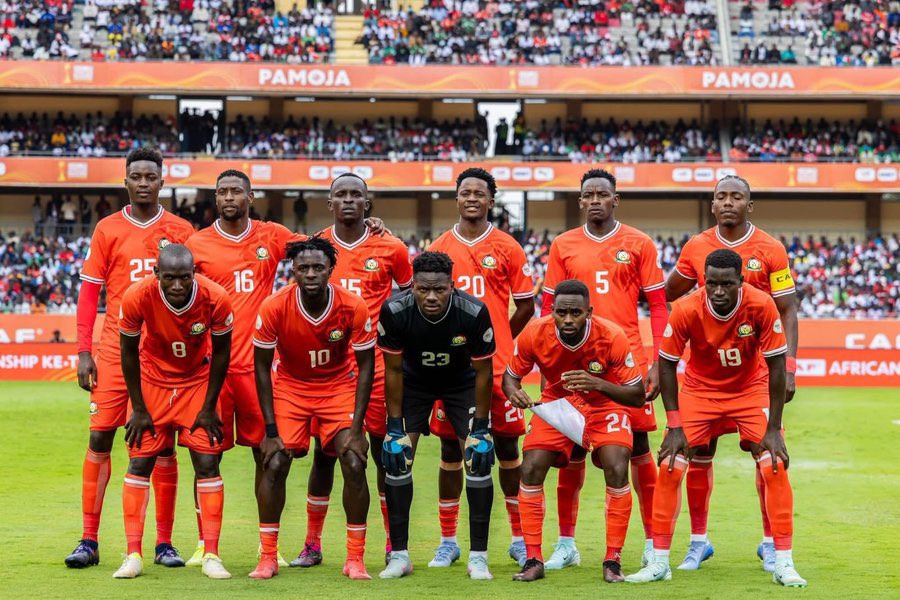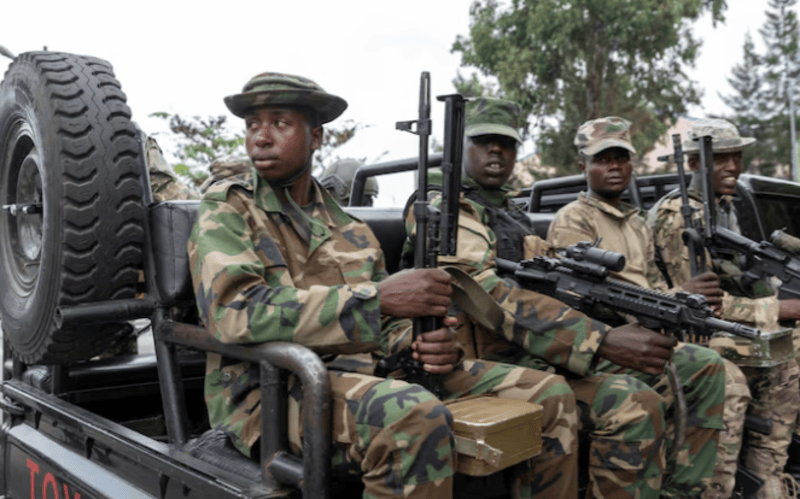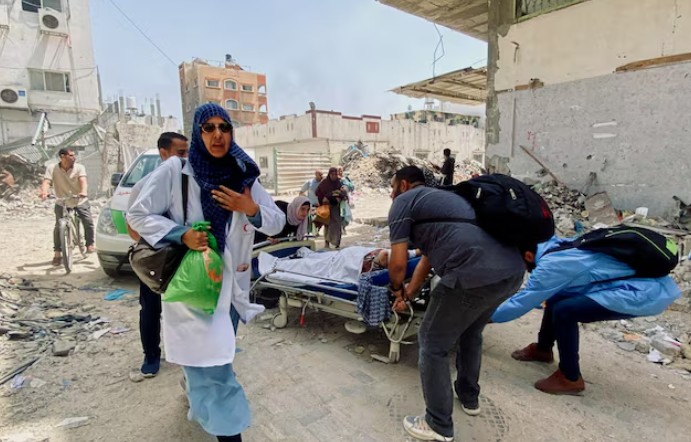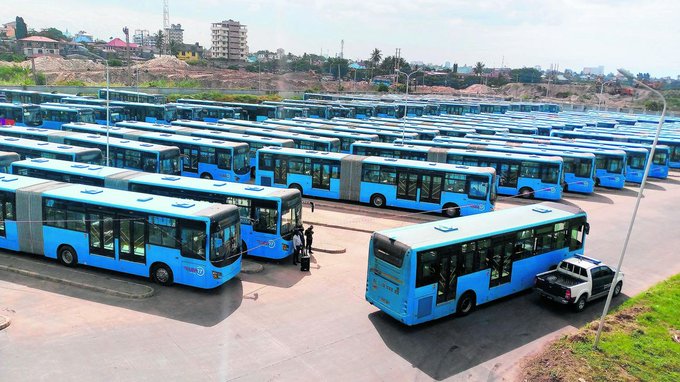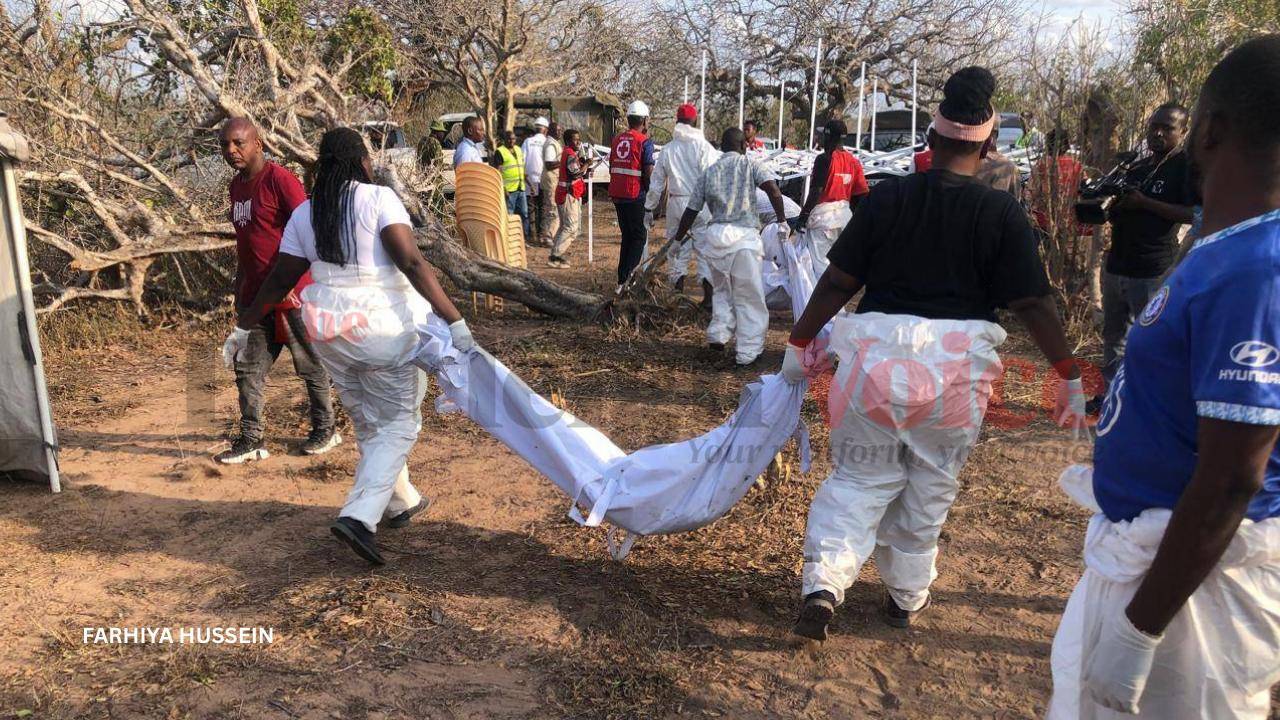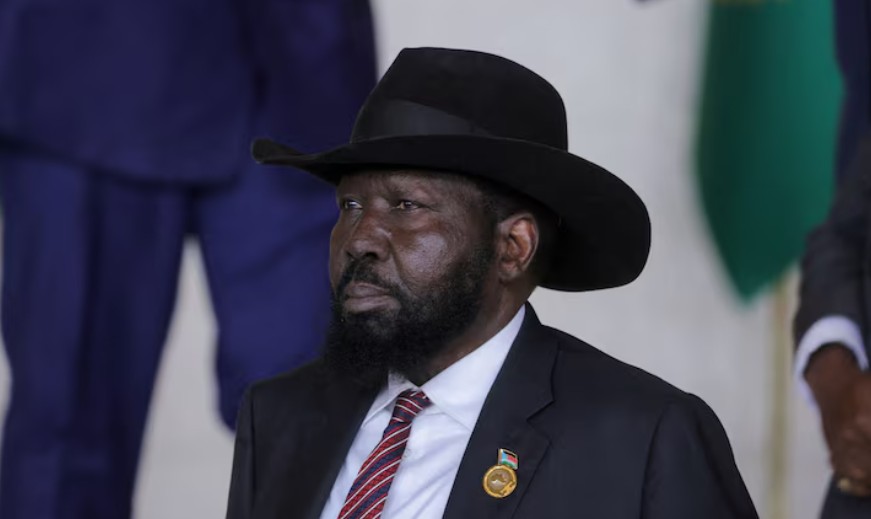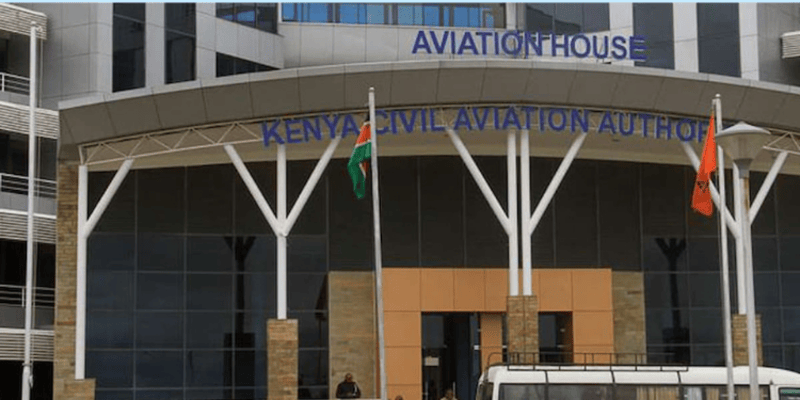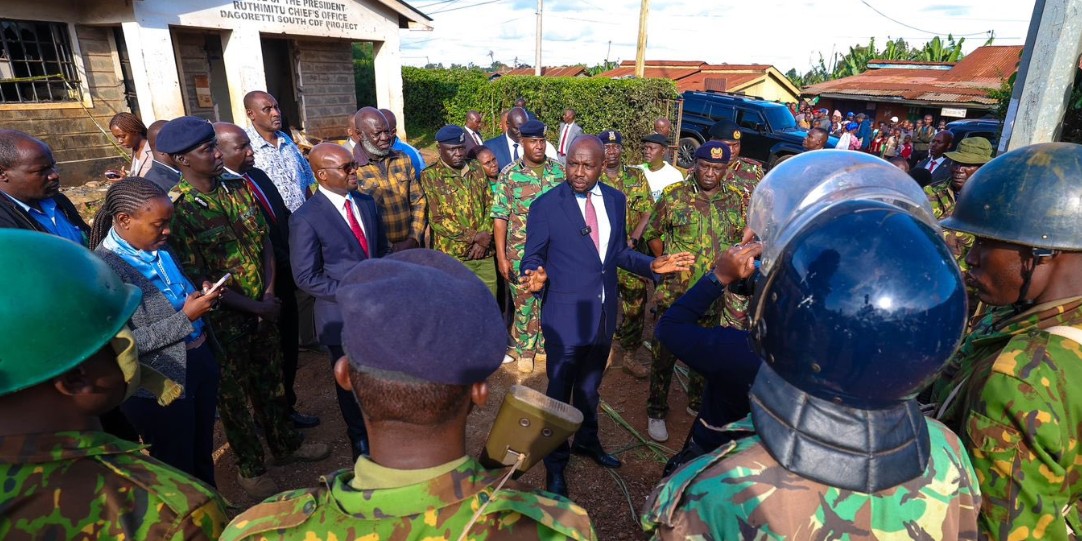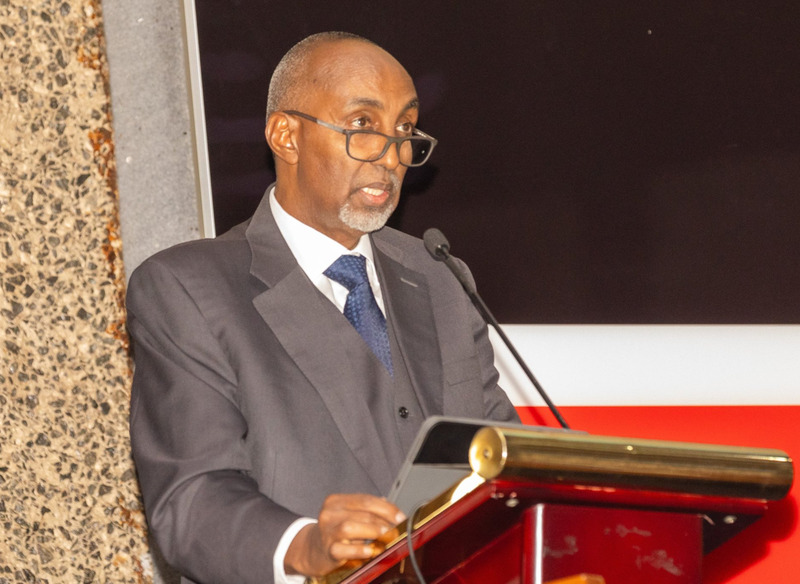Why gov't should put breaks on livestock vaccination plan - Veterinary doctors
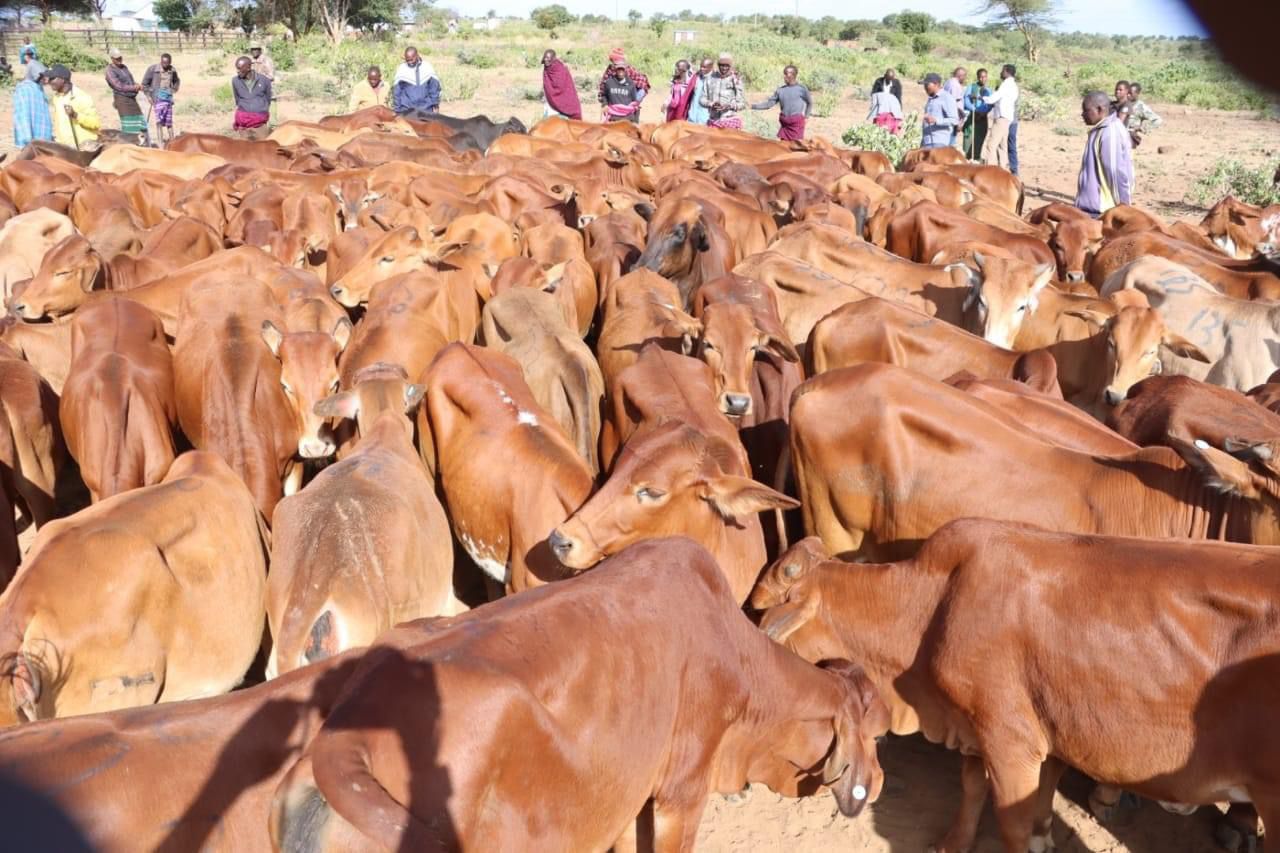
The government plans to vaccinate approximately 22 million cattle and 50 million goats, sheep, and small livestock next year as part of its nationwide livestock vaccination campaign.
The Kenya Veterinary Association (KVA) has urged the government to suspend its planned nationwide vaccination of 22 million cattle, which is set to begin in January next year.
The association has sharply criticised the programme, arguing that it was developed without consulting key stakeholders.
More To Read
- Kamukunji faces vaccine crisis as over 12,000 children miss routine immunisation
- Natural immunity vs vaccination: Why vaccines are the safer path to long-term protection
- Funding shortfall halts national livestock vaccination campaign
- Garissa launches 10-day livestock vaccination campaign in Dadaab refugee camps
- State says 500,000 cattle vaccinated in fight against foot and mouth disease
- Livestock vaccination campaign offers much-needed relief to Lamu farmers
In a statement issued on Tuesday, KVA National Chairman Kelvin Osore expressed concerns over the lack of public involvement in the initiative. He said that despite the government's focus on controlling greenhouse gas emissions, the priority should instead be to allow time for public sensitisation.
“There was no stakeholders' engagement. We were only involved after the programme received controversy from the public. We were not involved in the conception and along the way. The government just rushed to us recently,” Osore said.
The association also raised concerns about the government's failure to adequately inform the public, which has led to widespread resistance and misinformation among livestock keepers and the general public.
Osore warned that this lack of communication could hinder effective disease control and potentially lead to further outbreaks.
"The government’s failure to conduct adequate public sensitisation has fueled widespread resistance and misinformation among livestock keepers and the general public. This situation not only hampers disease control but also risks creating further outbreaks," Osore added.
"Stakeholders, including farmers, veterinary professionals, and community leaders, were not sufficiently involved in planning, leading to mistrust and confusion, including in professional circles."
KVA has also called on the government to avoid using forceful language to try to secure public support for the vaccination. The association insists that many crucial questions remain unanswered, including which diseases the programme aims to target, its duration, and the identities of its sponsors.
“There’s a lot of misinformation about the programme. We as the veterinary association have tried to get more information from the government – so far, nothing. We don’t know how long it will run,” Osore said.
The KVA further argues that some of the diseases that the government has identified as targets for vaccination are localised, suggesting that a national campaign may not be justified. Osore pointed out that diseases such as foot-and-mouth disease occur in specific regions and should be dealt with accordingly.
"A vaccination should be tailored for specific regions. You can't vaccinate for foot and mouth across the whole country; there are specific areas. Let them vaccinate specific areas. These diseases are not widespread across the country," he added.
"On greenhouse emissions, as an association, we cannot prove those allegations on curbing emissions."
Despite their concerns, the KVA reiterated its support for efforts to control livestock diseases such as Foot-and-Mouth Disease (FMD) and Peste des Petits Ruminants (PPR) through targeted and strategic vaccination campaigns.
The association is now calling for the suspension of the programme and for the government to focus on other urgent issues facing the livestock sector before investing billions of shillings in the vaccination initiative.
“It’s a pity that even a professional organisation like ours doesn’t know what is happening. The government needs to stop lecturing people; the cow belongs to the people,” Osore said.
The government plans to vaccinate approximately 22 million cattle and 50 million goats, sheep, and small livestock next year as part of its nationwide livestock vaccination campaign.
Top Stories Today
